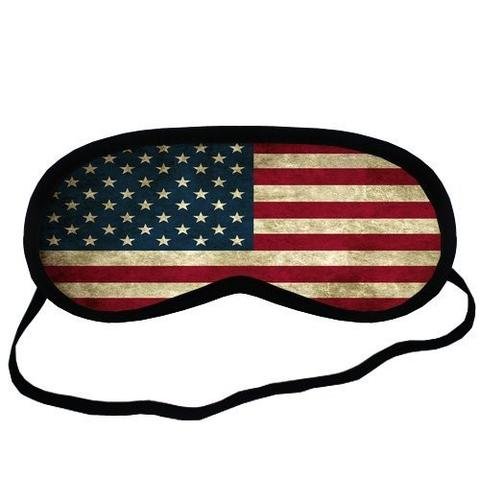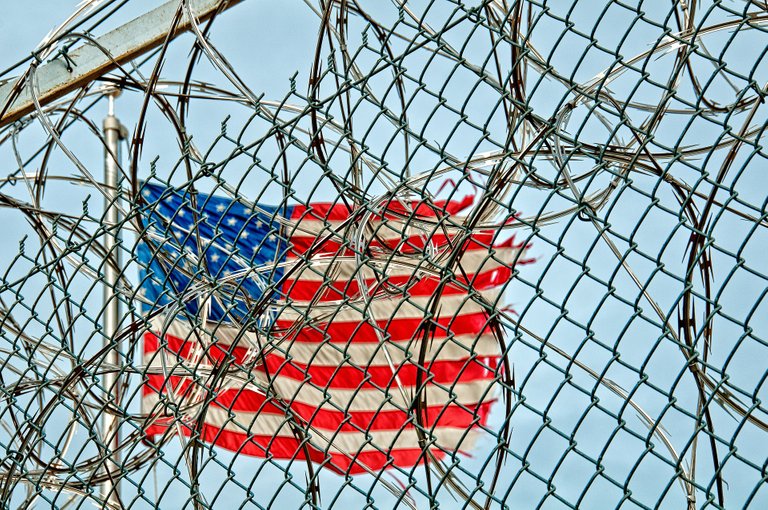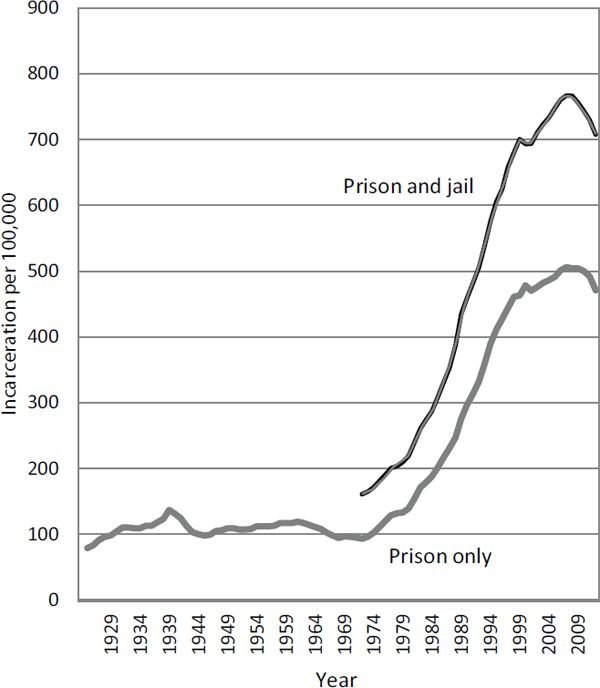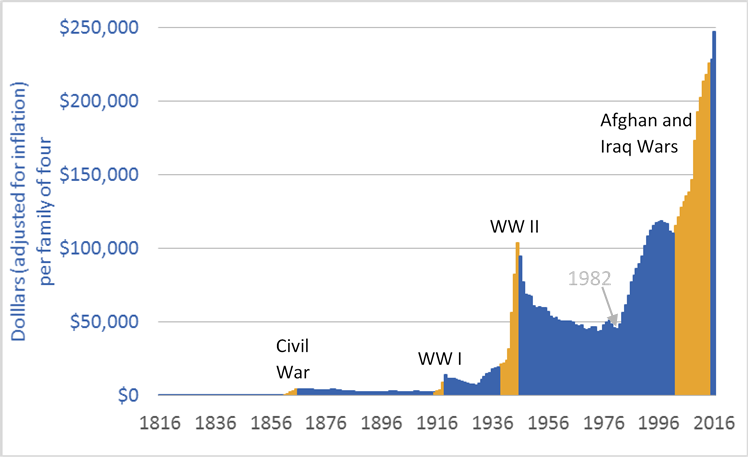Non Aggression Principle
- Aggression:
- the action of a state in violating by force the rights of another state, particularly its territorial rights; an unprovoked offensive, attack, invasion, or the like
- any offensive action, attack, or procedure; an inroad or encroachment
- the practice of making assaults or attacks; offensive action in general
For libertarians and other like-minded, individual-freedom-centric philosophies (voluntarists, anarchist, objectivists, etc.), the Non Aggression Principle (NAP) is a central idea described as something to the effect of no person or entity may initiate violence against another.
The assertion is that most reasonable people implicitly follow the NAP in their daily interactions with others, but fail to require the same behavior from their government.
NAP differs from pacifism in that it allows for self defense. The Non Aggression Principle specifies the non initiation of violence rather than complete nonviolence.

Application in Government
What changes could you expect if the US government were to adopt the Non Aggression Principle?
No Victim, No Crime
Some have argued for the concept of No Victim, No Crime. The idea is that any action which affects only the person performing the action should not be considered illegal. Common examples would be recreational drug use and consensual sexual activities (such as prostitution).
Critics of this idea point to a lack of accountability for dangerous acts which do not result in a victim, such as driving drunk or firing a gun into a crowd but not actually hitting anyone.
These dangerous acts do constitute a credible threat to others. The credible threat is the act of aggression and those being threatened are the potential victims. As such, these dangerous acts may still be considered illegal.
Of course "no victim, no crime" is a difficult sell at this point. The mess we're in now is the status quo and it's difficult for many to imagine something so radically different. Right now you may even be thinking of crimes without victims that you personally feel should still be considered illegal. But there may be steps we can take in that direction without doing it all at once.
What about "No Victim, No Time"?
According to the federal Bureau of Prisons:
Drug offenses alone account for more than 46% of the current US prison population!
These are most likely not violent drug offenses since cases where there are multiple offenses will be reported by the most serious offense.

What good does it do to take these non-violent offenders and put them into an overcrowded, undeniably violent prison system?
Wouldn't they (and the taxpayers) be better served by issuing a fine and maybe community service?
Since the start of the "War on Drugs" in 1971, the US incarceration rate has grown exponentially. Before that it was essentially flat lined at 1 in 1000. Add to that the push in the 1980s for the Government to be "tough on crime" which resulted in longer and more prison sentences for otherwise minor offenses.

So is the "War on Drugs" working?
Maybe the better solution would be to cut out the judicial system all together. Legalizing all drugs would practically cut the prison population in half. Then we could focus on treatment for drug abusers, and we would have more resources to try and rehabilitate the criminals still in prison.
Foreign Policy
In February of 1917, after learning that Germany was resuming submarine warfare which included attacks on merchant and passenger vessels, President Woodrow Wilson announced to congress that he had severed diplomatic relations with Germany. He did not however ask for a declaration of war (which at the time required an act of congress) because he did not feel there was sufficient evidence to convince the American public that Germany would attack US ships.
It wasn't until the release of the Zimmerman Telegram (Germany's attempt to recruit Mexico in a war on America) that President Wilson felt he had enough support from the American people for congress to declare war.
This tendency toward non-intervention by the US in foreign affairs was apparent in the early part of the 20th century.
With the rise of socialist regimes such as Mussolini's Fascism and Hitler's Nazi Party, and even the spread of war throughout Europe and the invasion of Poland in 1939, it still took a direct attack on Pearl Harbor by Japanese forces for the US to enter World War 2.
This idea of war only as a last resort seems completely foreign in today's world. An ambiguous war on terror, non-existent WMDs, and the President's unchecked Authorization for Use of Military Force (AUMF) has resulted in nearly two decades of constant war with various countries. (Not to mention the sacrifice of privacy as a result of the PATRIOT ACT)
This policy has had a devastating effect on our national debt, our sense of security, and the state of the world in general.

(But at least we're taking care of that terrorism, right?)
Opponents to this non-intervention type strategy point out that it's good to help others. That we should help those in need defend against their aggressors. Actually I would agree. If I saw an old lady being attacked in the street, I would certainly intervene any way I could. But if I were walking down the street with my family and happened upon a gang fight, I would consider the safety of my family before I start wondering how I can insert myself into the fight. Besides, how many times in the past couple of decades has anyone actually wanted our "help"?
Taxes
There is much to say on the subject of taxes. So much in fact that I will save this discussion for its own article. But I will give you this preview:
THEFT
Theft is a criminal act that involves depriving a person of his property.
https://legaldictionary.net/theft/
In that article I will discuss:
*The inefficiency of the US government with money
*The fact that the US government involvement in any business venture always spells disaster.
*The benefits of privatization of government functions.
*Just what does the government do with all that money anyway?
Do you expect the same ethical treatment from your government that you do from your neighbor?
(Please don't forget to Share, Follow, and Upvote!)
sources:
http://www.dictionary.com/browse/aggression
https://www.theadvocates.org/aggression/
http://morelibertynow.com/is-no-victim-no-crime-true/
https://www.bop.gov/about/statistics/statistics_inmate_offenses.jsp
https://www.nap.edu/read/18613/chapter/4#35
https://history.state.gov/milestones/1914-1920/wwi